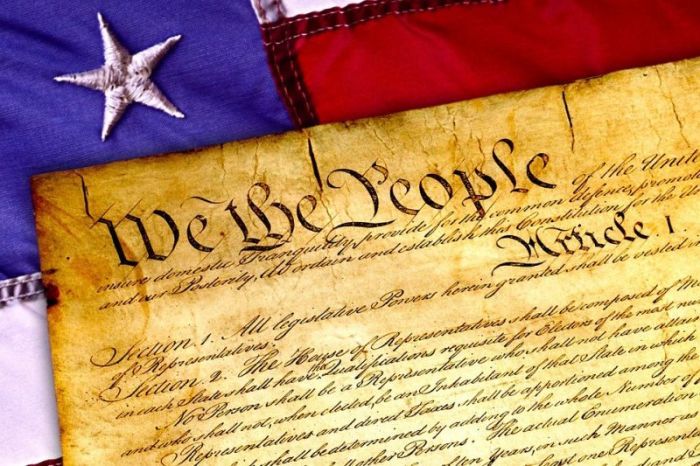4 things to know about the DC statehood debate

2. The Constitution calls for a Capital separate from all the states
Article I, Section 8, Clause 17 of the U.S. Constitution provides that “The Congress shall have Power to … exercise exclusive Legislation in all Cases whatsoever” over a national capital, the location of which had yet to be determined at the time of the Constitution’s crafting.
The Constitution maintains that the “District (not exceeding ten Miles square) as may, by cession of particular States, and the Acceptance of Congress, become the Seat of Government of the United States, and to exercise like Authority over all Places purchased by the Consent of the Legislature of the State in which the Same shall be, for the Erection of Forts, Magazines, Arsenals, dock-Yards, and other Needful buildings.”
In a June 2020 column, The Boston Globe’s Jeff Jacoby noted that “Article I, Section 8 provides explicitly for a national capital that would not be part of a state nor treated as a state, but rather a unique enclave under the exclusive authority of Congress — a neutral ‘district’ in which representatives of all the states could meet on an equal footing to conduct the nation’s business.”




























